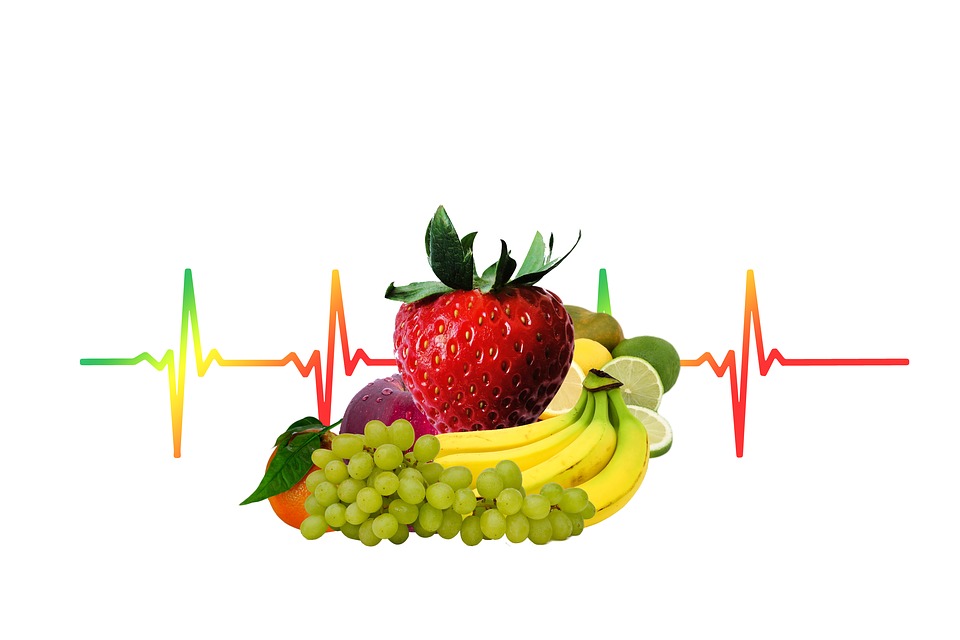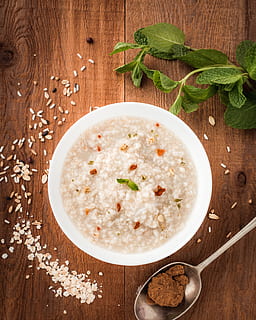Milk Thistle
Milk thistle also known as Silybum marianum, Mary thistle, and Scotch thistle is a flowering herb related to the daisy family. Primarily known to be of Mediterranean origin, it is currently found throughout the world. Although used as a herbal remedy for almost 2000 years, this plant has captivated the interest of medical researchers only over the last few decades and is now grown in several countries for pharmaceutical purposes. (1)
Medicinal properties of milk thistle
As per historical records, milk thistle was used in the treatment of liver and gallbladder diseases in classical Greece. Extracts of the seeds of this plant have been studied for various health conditions such as liver diseases, cancer, diabetes, hepatitis C, HIV, and heart diseases. (1, 2)
Milk thistle against inflammation
One of the main components of milk thistle seeds is silymarin and is found to have anti-inflammatory properties. Silymarin is also known for its anti-oxidant and protein-restoring activities. (2)
Milk thistle against liver diseases
Although this plant has been used for several years to treat liver diseases, its effects were not clinical evaluated until recently. Studies have shown that milk thistle has a positive effect on chronic liver diseases, particularly alcohol-related liver disease, toxin-induced liver disease, and viral liver disease. It is used as a cytoprotectant and is known to restore the liver’s ability to detoxify harmful substances. (1, 3)
Milk thistle against poisoning
Silymarin from milk thistle has shown to be very effective against the poisonous dead cap mushrooms (Amanita phalloides). It counteracts with Amanita toxins even if taken 10 minutes after mushroom consumption and is its most important antidote in modern medicine. (3)
Milk thistle against cancer
Several studies have been undertaken in the last few decades to investigate the effects of this herb on various cancers. Although no conclusive evidence of it treating cancer has been reported, possible indications include cleansing and detoxification after chemotherapy, preventing hepatotoxicity during chemotherapy, and treating hepatotoxicity post-chemotherapy. It has also shown to potentiate chemotherapy and radiation therapy as an adjunctive treatment. (4, 5)
Adverse effects
This detoxifying herb is reported to be almost safe with none-to-mild side effects. Although rare, some of the reported minor side effects are diarrhea, feeling sick, heartburn, or stomach upset. Mild allergic reactions have also been reported at high doses. (5)
References
- Tamayo C, Diamond S. Review of clinical trials evaluating safety and efficacy of milk thistle (Silybum marianum [L.] Gaertn.). Integr Cancer Ther. 2007; 6: 146-157. http://www.ncbi.nlm.nih.gov/pubmed/17548793
- Francine R. Milk thistle. Am Fam Physician. 2005; 72: 1285-1292. http://www.aafp.org/afp/2005/1001/p1285.html
- Wellington K, Jarvis B. Silymarin: a review of its clinical properties in the management of hepatic disorders. 2001; 15: 465-489. http://www.ncbi.nlm.nih.gov/pubmed/11520257
- Greenlee H, Abascal K, Yarnell E, Ladas E. Clinical applications of Silybum marianum in oncology. Integr Cancer Ther. 2007; 6: 158-165. https://www.ncbi.nlm.nih.gov/pubmed/17548794
- Cancer research UK. http://www.cancerresearchuk.org/about-cancer/cancers-in-general/cancer-questions/milk-thistle-and-liver-cancer Accessed: September 22, 2016.

